Ancient Cultures
First Year
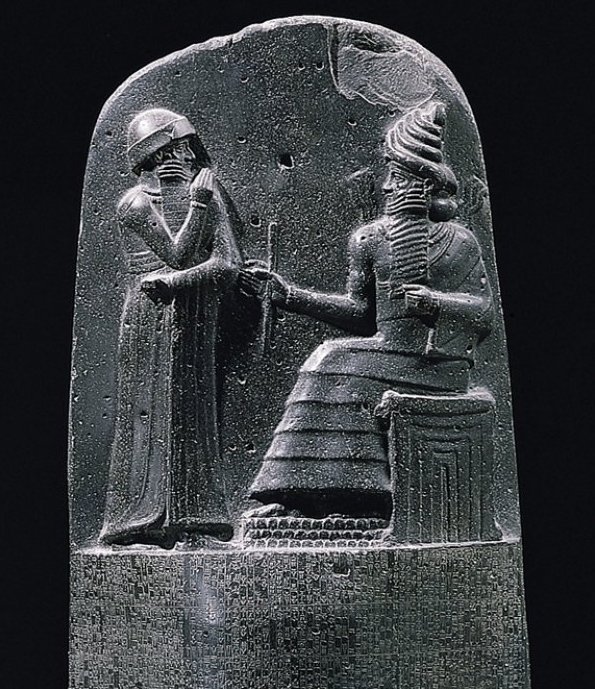 The first-year sequence consists of Ancient Cultures 114 and 144, “Introduction to the Ancient World”, which introduces various aspects of the culture and societies of ancient North Africa (e.g. Egypt and Sudan), Western Asia (i.e., Syria, Palestine, Israel, Jordan, Lebanon, Iraq, and Iran) and the Graeco-Roman world. Students study the physical environments, histories, and cultural heritage of these societies, by focusing on primary source analysis (including ancient texts, objects, and images) in order to develop skills in observation, critical thinking, and anlaysis. These two modules also study the contributions ancient societies have made to the world in which we live today, – e.g. their customs and how these customs were adapted in time – and so show firsthand knowledge of ancient societies can assist us to come to a better understanding of contemporary culture and society. Either or both of these courses may be followed as part of the programmes BA in Language and Culture, BA in Humanities, BA in Drama and Theatre Studies and BTh without the original languages. Should you wish to major in Ancient Cultures by the end of your degree, please make sure that you sign up for both Ancient Cultures 114 and 144.
The first-year sequence consists of Ancient Cultures 114 and 144, “Introduction to the Ancient World”, which introduces various aspects of the culture and societies of ancient North Africa (e.g. Egypt and Sudan), Western Asia (i.e., Syria, Palestine, Israel, Jordan, Lebanon, Iraq, and Iran) and the Graeco-Roman world. Students study the physical environments, histories, and cultural heritage of these societies, by focusing on primary source analysis (including ancient texts, objects, and images) in order to develop skills in observation, critical thinking, and anlaysis. These two modules also study the contributions ancient societies have made to the world in which we live today, – e.g. their customs and how these customs were adapted in time – and so show firsthand knowledge of ancient societies can assist us to come to a better understanding of contemporary culture and society. Either or both of these courses may be followed as part of the programmes BA in Language and Culture, BA in Humanities, BA in Drama and Theatre Studies and BTh without the original languages. Should you wish to major in Ancient Cultures by the end of your degree, please make sure that you sign up for both Ancient Cultures 114 and 144.
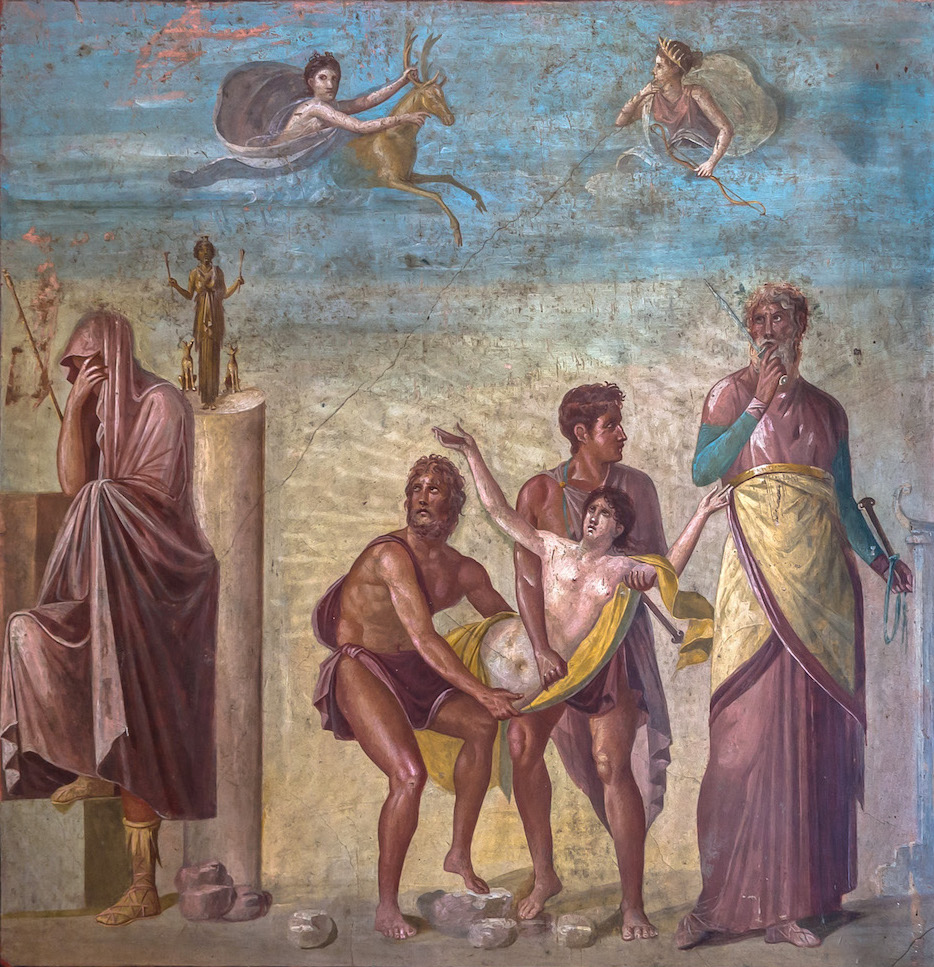 Second and Third Years
Second and Third Years
Ancient Cultures modules for second- and third- year build on the foundations laid in the first year. They focus on specific topics related to the art, archaeology, and history of the ancient Mediterranean, North Africa, and Western Asia. The goal is to allow students to explore certain parts of the ancient world in more detail, and assignments and readings are designed to help them further develop critical thinking, writing, and analysis skills, as well as build up research skills including engaging with scholarship. Topics vary from year to year, but examples from recent years include Mythology of Western Asia; Greek and Roman Mythology; the Hellensitic Aesthetic; Women in Ancient Egypt; Ancient Nubia; Reading Greek Art; Rome, Empire and Material Remains; Greek and Roman Drama. See our current themes for the year here:
 Ancient Cultures 2 and 3 themes 2024.pdf
Ancient Cultures 2 and 3 themes 2024.pdf
Ancient Greek
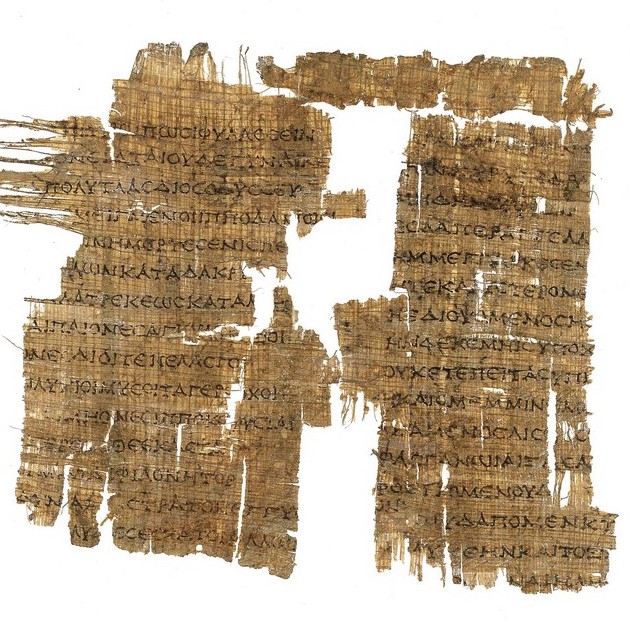 Greek 178: introduces students to the basics of ancient Greek grammar. For the duration of the year students read basic Greek texts from the New Testament and familiarise themselves with the world from which the New Testament originated. The study of Greek 178 is offered through either BA in Language and Culture, or BTh, with the original languages.
Greek 178: introduces students to the basics of ancient Greek grammar. For the duration of the year students read basic Greek texts from the New Testament and familiarise themselves with the world from which the New Testament originated. The study of Greek 178 is offered through either BA in Language and Culture, or BTh, with the original languages.
Greek 2: The different semester modules build on the knowledge of Greek that was acquired in the first year. On the basis of selected texts the knowledge of Greek grammar is consolidated and extended. Students learn to syntactically analyse and translate texts, and learn of the cultural-historical background against which the texts were written.
Greek 3: In the third year the knowledge of Greek grammar and style is deepened on the basis of selected texts. The texts that are studied, represent a wide variety of genres and themes. Attention is especially devoted to the literary and religious history of the texts concerned.
Biblical Hebrew
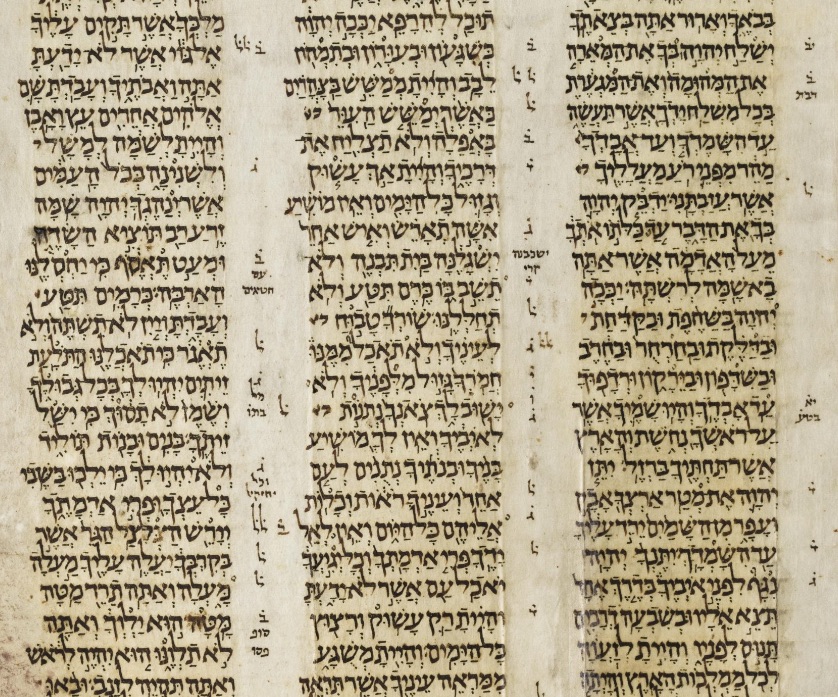
Set against the background of the Biblical world, Biblical Hebrew 178 introduces students to the language and culture of the Old Testament. Students are given a brief introduction to the geography, peoples, and general history of the Ancient Near East. Next, the module concentrates on study of the Biblical region within its historical context. Initially, students are given insight into Biblical Hebrew as a written language. This is followed by teaching basic Biblical Hebraic vocabulary and grammar and illustrating it visually with examples taken from the world and text of the Hebrew Bible. Finally, the aim is not only to promote among students a firm grasp of the nature of Biblical Hebrew as a language rooted within the Biblical world, but also to enable students to utilise the dictionary, grammar, and electronic resources for optimal reading of basic Biblical Hebraic narrative. Study of Biblical Hebrew is available through either BA in Language and Culture, or BTh, with the original languages.
During the second and third years of study, students build on their linguistic and cultural knowledge.
Latin
_small.jpg) Latin 178 forms an introductory language course based upon the reading of simple texts in a Roman cultural context. By reading and translating Latin efficiently, students acquire the ability to approach a language (their own as well as Latin) analytically. Understanding of the application of Latin in especially English is stimulated, as well as the broadening of vocabulary. Some exposure to the cultural context of the language furthers comprehension of and sympathy for the diversity and similarities between the classical world and that of the modern student. Latin is presented in the programmes BA in Language and Culture, BA in Law, BComm Law and the four-year LLB.
Latin 178 forms an introductory language course based upon the reading of simple texts in a Roman cultural context. By reading and translating Latin efficiently, students acquire the ability to approach a language (their own as well as Latin) analytically. Understanding of the application of Latin in especially English is stimulated, as well as the broadening of vocabulary. Some exposure to the cultural context of the language furthers comprehension of and sympathy for the diversity and similarities between the classical world and that of the modern student. Latin is presented in the programmes BA in Language and Culture, BA in Law, BComm Law and the four-year LLB.
Latin 2: The basic thrust of the first year programme is continued. Grammar is polished and texts from Cicero, Catullus and Ovid are studied both with a view to facilitate the student's language ability as well as to enhance awareness of the cultural diversity of the classical world.
Latin 3: The texts studied in the third year include works from Virgil, Horace, Tacitus, Seneca, et al. with special focus on understanding the ongoing relevance of ancient texts for the modern student.
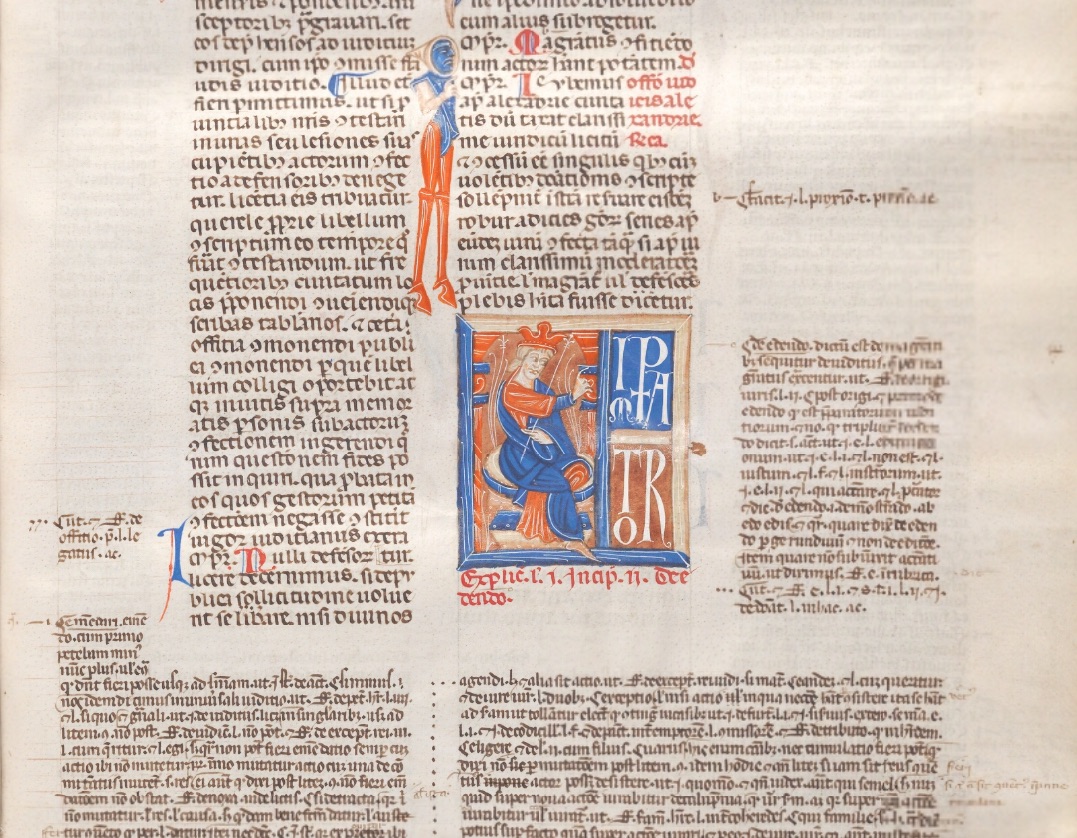
Classical Legal Culture
Students in Classical Legal Culture 114 and 144 study the principles of early legal practice and Roman law codification. They are equipped to deal with Latin-based terminology and texts of South African law. This enables students to consult and apply the sources of Roman law appropriately, as well as to determine relationships between principle and practice in order to evaluate the validity of Roman law principles in South African law. These courses are followed in the BA in Law and the four-year LLB and provide access to Ancient Cultures in the second and third years of study.

